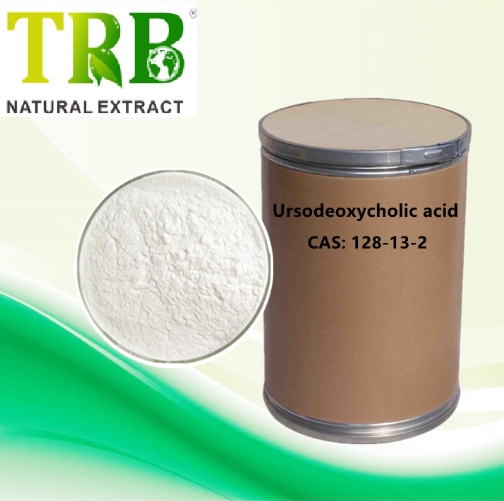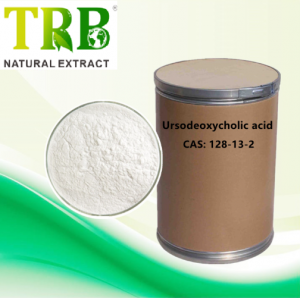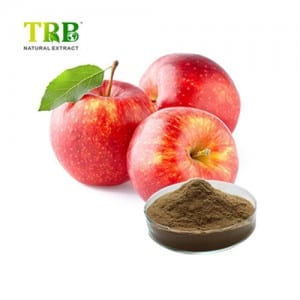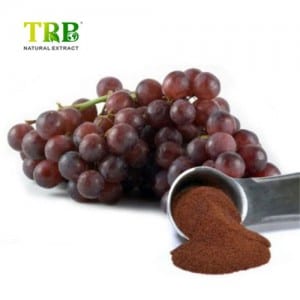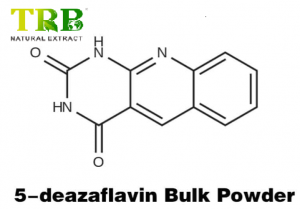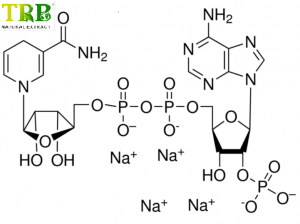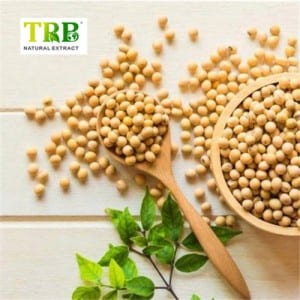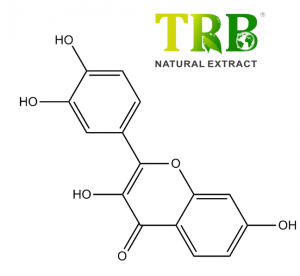Normally customer-oriented, and it’s our ultimate concentrate on for being not only one of the most dependable, trustable and honest supplier, but also the partner for our shoppers for Chenodeoxycholic Acid Powder, The concept of our corporation is “Sincerity, Speed, Services, and Satisfaction”. We’re going to follow this concept and gain more and far more customers’ pleasure.
Normally customer-oriented, and it’s our ultimate concentrate on for being not only one of the most dependable, trustable and honest supplier, but also the partner for our shoppers for China 3alpha 7alpha-Dihydroxy-5beta-Cholanic Acid and Molecular Formula: C24h40o4, We attained ISO9001 which provides solid foundation for our further development. Persisting in “High quality, Prompt Delivery, Competitive Price”, now we have established long-term cooperation with clients from both overseas and domestically and get new and old clients’ high comments. It is our great honor to meet your demands. We have been sincerely expecting your attention.
| Product Name | Bulk Ursodeoxycholic acid powder (UDCA) |
| Other Names | Ursodiol; UDCA; (3a,5b,7b,8x)-3,7-dihydroxycholan-24-oic acid; Ursofalk; Actigall; Urso |
| CAS NO. | 128-13-2 |
| Molecular formula | C24H40O4 |
| Molecular weight | 392.57 |
| Specification | 99%~101% for better efficacy |
| Appearance | White Powder |
| Solubility | Insoluble in water, freely soluble in ethyl alcohol |
| Function | Be beneficial for the liver or bile ducts as a drug or supplement |
| Package | 25kg/drum |
What is Ursodeoxycholic acid (UDCA)?
Ursodeoxycholic acid powder is a 99% pure bile acid commonly seen in bears conjugated to taurine. Its chemical name is 3a,7 β-dihydroxy-5 β-Golestan-24-acid. It is an organic compound with an odorless, bitter taste. In medicine, it is used to increase the secretion of bile acid, change the composition of bile, reduce hepatobiliary disorders and cholesterol lipids in bitterness, and facilitate the gradual dissolution of cholesterol in gallstones.
BA vs. UDCA vs. TUDCA
Bile acids can be distinguished according to their polarity, as shown in the figure. The more hydrophobic bile acids are represented by the upper acronym, while the more hydrophilic ones are at the bottom.

Abbreviations:
- CA, cholic acid;
- CDCA, goannedeoxycholic acid;
- DCA, deoxycholic acid;
- GCA, glycolic acid;
- GCDCA, gandeoxycholic acid;
- GDCA, glycodeoxycholic acid;
- LCA, lithic acid;
- TCA, taurocholic acid;
- TCDCA, taurodeoxycholic acid;
- TDCA, taurodeoxycholic acid;
- TUDCA, tauroursodeoxycholic acid;
- UDCA, ursodeoxycholic acid
UDCA Manufacturing Process
The Ursodeoxycholic acid manufacturing process begins with Chenodeoxycholic acid, which is heated with methanol and tartaric acid, and sodium hypochlorite for oxidation. Crystallization takes place via water chromatography and centrifugation before the product is dried to form UDCA oxide. Tert-butanol is used in dissolution with metallic potassium, followed by adding an appropriate amount of water to recover a UDCA-reducing pasty substance fluid. Water and sodium carbonate are next added for dissolution, then hydrochloric acid for acidification and crystallization followed by centrifugation yields a UDCA-reducing substance powder. Acetone is used for dissolution, triethylamine is added as an amine salt followed by adding water for dissolution; hydrochloric acid is used for crystallization before being centrifuged to yield the final crude product Ursodeoxycholic acid.
UDCA Benefits and therapeutic use
Replacement of toxic bile acids
Cholestasis reaches toxic concentrations in the liver and can lead to necrosis, apoptosis, fibrosis, and even cirrhosis. Continuous administration of UDCA makes the initially hydrophobic and highly toxic endogenous bile acids replaced by hydrophilic UDCA.
Cell protection
The protective effect of UDCA was characterized by membrane stability and anti-apoptosis.
Immune regulation
UDCA can activate the glucocorticoid receptor (GR). UDCA was also found to inhibit IgM, IgG, and IgA produced by B lymphocytes and to ease immune responses by inhibiting the release of inflammatory cytokines by monocytes after use.
Promote biliary secretion
UDCA can improve the function and expression of Cl-/HCO3- cotransporter AE2 (Anion2), an essential transporter for bile duct outflow.
UDCA Recommended Dosage
Adults may take 13-15mg/kg a day of UDCA, divided into 2-4 doses. For bile reflux gastritis, this dose is increased to 250mg a day. Children take 8-10mg/kg per day, divided into 2-3 doses.
Ursodeoxycholic acid should not be taken with colestyramine, colestipol, or antacids containing aluminum hydroxide and/or smectite (aluminum oxide). These bind UDCA in the intestine, preventing absorption and reducing its effectiveness.
